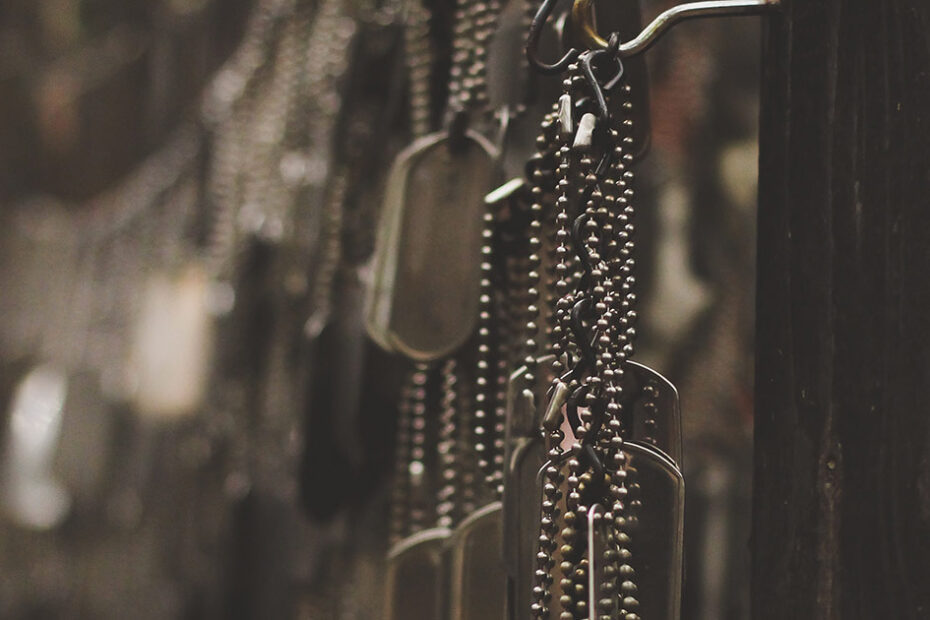Date: August 6, 2010
Lindsay Murdoch
THE Australian Defence Force has admitted its soldiers in East Timor have been in nine vehicle crashes since 2008 in which civilians have been injured, but it has ruled out paying compensation.
One of the accidents left two Timorese brothers unable to work, causing their families to become destitute.
The refusal to pay compensation has stoked ill feeling towards Australian soldiers deployed in East Timor where, under Timorese tradition, people involved in deaths or injuries, no matter who was to blame, compensate victims, even in a token way.
Adelino Madeira, a 33-year-old father of two, and his 38-year-old brother Lorenco Madeira, a father of four, were seriously injured when the motorcycle they were riding on May 29 last year in Lautem district collided with an Australian army vehicle.
Until The Age asked questions about the accident, Defence had kept details about it secret, despite Australian soldiers having provided life-saving treatment for the brothers.
Adelino was evacuated at Australian taxpayers’ expense to Royal Darwin Hospital, where he had emergency surgery and stayed for almost two months.
When the brothers eventually arrived back in their village, the East Timor government gave them $US1500 each. But their injuries were so severe that Adelino has been unable to resume teaching at a local school and Lorenco cannot work as a farmer.
Australian academic Clinton Fernandes, who recently met the brothers in their village, said their families had no permanent income and were suffering. He urged the Australian government to change its no-compensation policy, which he said led to a loss of goodwill towards Australian soldiers.
”The required compensation would be quite modest and far less than the cost of Defence’s glossy brochures on winning hearts and minds on operations,” said Dr Fernandes, a former Australian military officer and a senior lecturer at the University of New South Wales’s School of Humanities and Social Sciences.
Australia has more than 400 soldiers serving in East Timor in the International Stabilisation Force (ISF) that was formed at the height of violent upheaval in Dili in 2006.
Defence are ruling out paying compensation to the Madeira brothers and other accident victims, saying that under a Status of Forces Agreement it is East Timor’s responsibility to meet any such claim.
Defence would not reveal whether the brothers were given an apology or provided with a formal report into the accident.
”The ISF paid close and continued attention to the Madeira brothers’ welfare to ensure they were provided the appropriate level of care,” it said. ”The ISF regrets that this accident occurred.”
Defence’s handling of the victims of its actions abroad came under scrutiny in January when The Age revealed that Australian soldiers abandoned Gracinda da Costa, a 65-year-old mother of nine, after she was struck and seriously injured by an army vehicle on a Dili street last December. The soldiers were unaware for 13 days that she had died from head injuries only hours after the accident.
Defence in February retracted a claim that it had given Mrs da Costa’s family compensation forms and advice on how to fill them out.
Questioned in a Senate committee in June, Defence Chief Angus Houston said Defence had modified directives and policies regarding the management of injured civilians following a review of Mrs da Costa’s case.
Unlike other victims, Defence gave her family an undisclosed payment in April. Air Chief Marshall Houston told senators the no-liability payment was for funeral and other expenses relating to her death.
Asked whether there were other matters of this kind outstanding in East Timor, he replied: ‘‘none whatsoever.”
Replying to questions from The Age, Defence said of the nine vehicle crashes involving Australian soldiers in East Timor since 2008, four had led to injuries classified as minor.
La’o Hamutuk, an independent organisation in Dili, earlier this year urged Defence to pay compensation for personal injury, including loss of livelihood, that is caused by its soldiers and to develop a complaints process that allowed people to register and check the status of their complaint.
Under the Status of Forces Agreement, Timorese citizens cannot resolve complaints about Australian soldiers in the Timorese justice system.
Article source: www.smh.com.au
